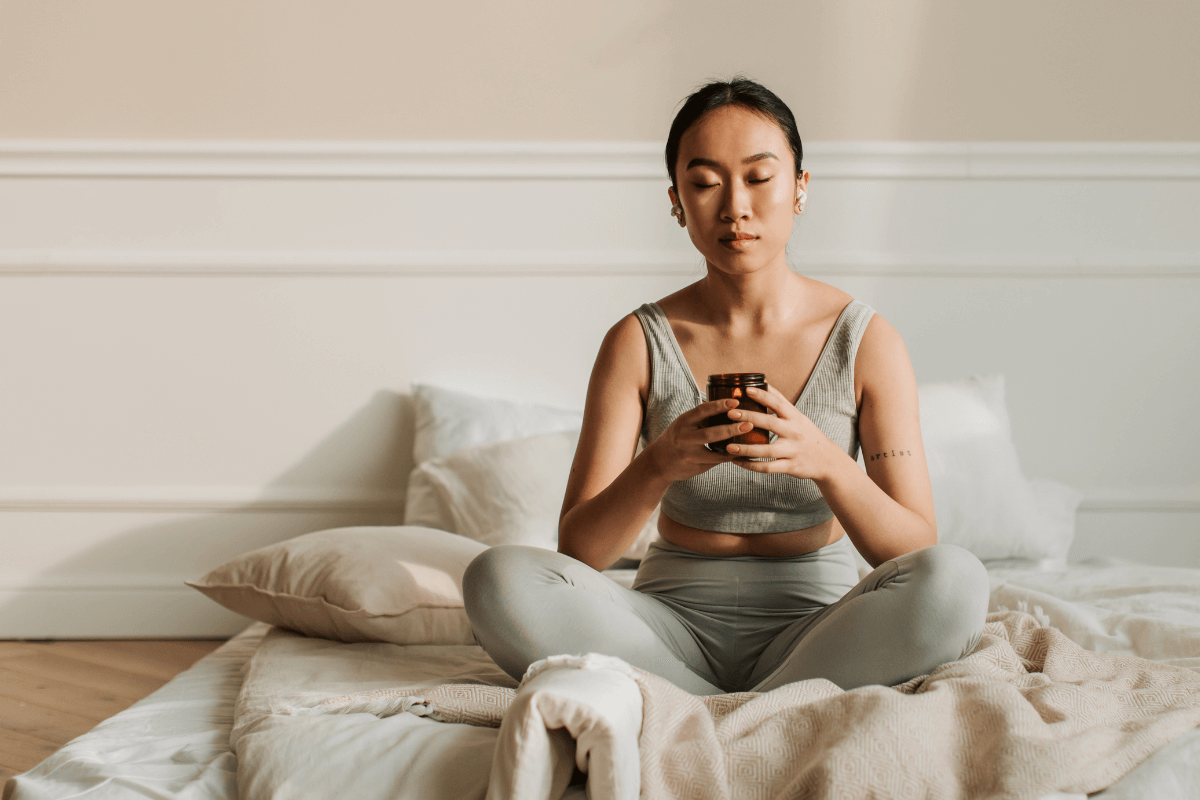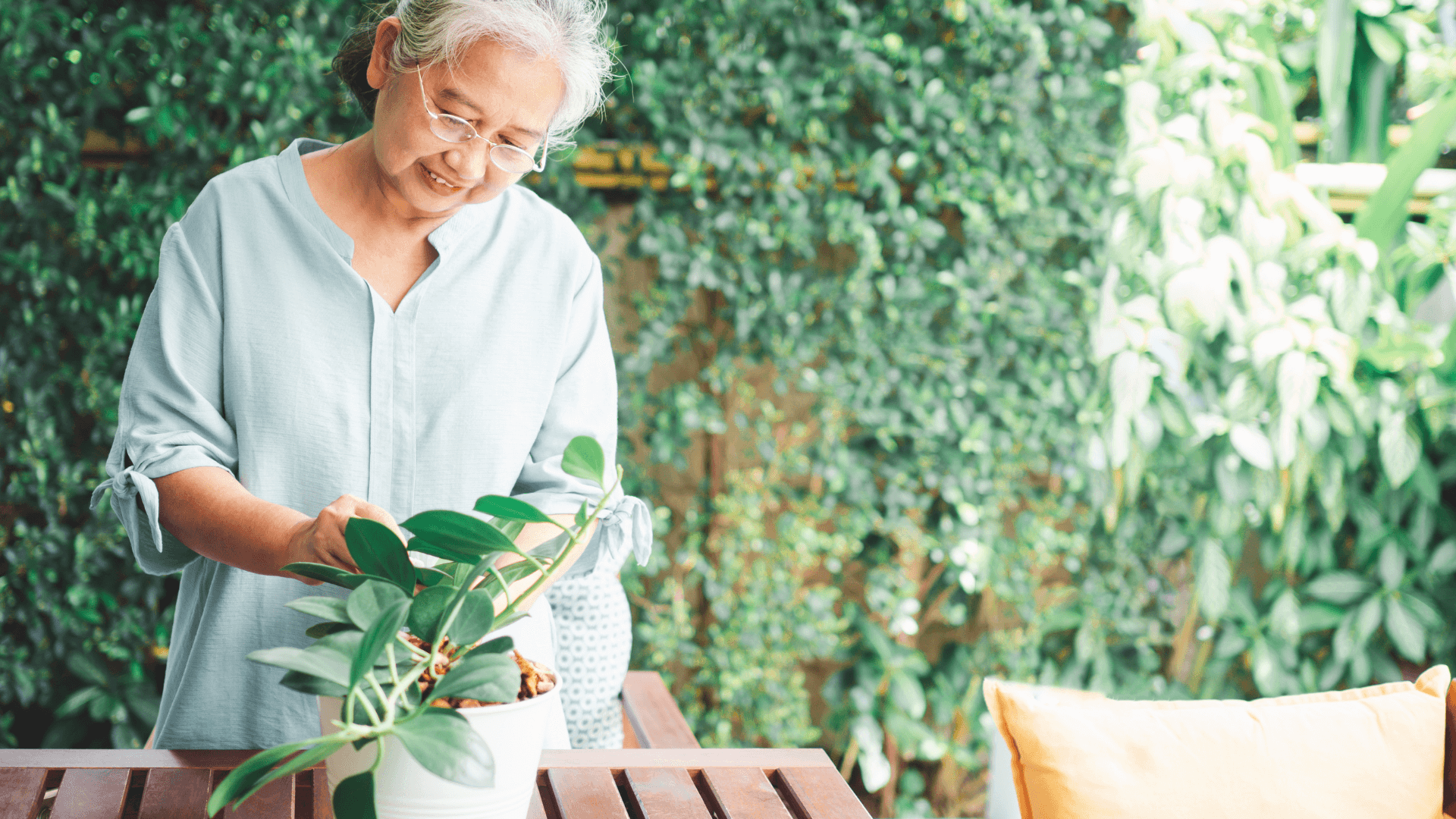Do you use control over your partner to get what you want?
Controlling partners use power and control through manipulative behaviours such as blame, guilt, and criticism. Controlling behaviour becomes abusive when it’s coercive or threatening.
Coercive control is a form of domestic abuse that can cause serious ongoing harm. It can exist on its own without physical abuse, and might include behaviours such as guilting your partner for spending time away from you or wanting to know where they are and who they’re with at all times.
A lot of the time, the use of control in a romantic relationship stems from insecurities and fear of abandonment.
“Control is really an illusion and will not create a loving, safe relationship where two people can be totally themselves and grow together,” explains Relationship Counsellor and Regional Manager, Val Holden.
“In fact, it can create the opposite, where two people are living in a stressful, unhealthy relationship where no one gets their needs met.”
If you notice controlling behaviours in yourself, it’s important to address these unhealthy patterns early to create a healthier dynamic and prevent further harm.
Val explores the use of control in relationships and offers some advice for how to stop trying to control your partner.
Why might someone use control in their relationship?
There are many reasons why someone might use control in their relationship, such as:
- Anxiety
- Jealousy
- Low self-esteem and insecurities
- Growing up around unhealthy relationships
- Past experiences of abandonment from partner/s or loved ones
- Wanting to assert gender stereotypes (e.g. belief that men should be dominant over women).
“Fear of losing someone you love is often the driving force behind control in a relationship,” Val explains.
“This can make you act in a very jealous way and want to control and know exactly what your partner is doing and where they are at all times.”
Whether the person using control is aware of these tactics or not, they often don’t realise that they can ultimately drive their loved one away, not keep them close.
Controlling behaviours can even feel like a knee-jerk response out of fear or desperation when anxiety and jealousy in a relationship are triggered.
Why is control in relationships damaging?
Control in any relationship can cause serious damage – whether it’s within a romantic relationship, between family members, or in the workplace.
“Wanting to control another person’s actions, behaviours, and beliefs is not a healthy way to behave in a relationship,” says Val.
“The other person can feel threatened, afraid, stifled, and not able to be themselves.”
While control is often used to keep your partner close, it often results in the opposite, Val explains.
“Trying to control your partner may result in them not sharing with you,” she says.
“This can then feed into your own fears and insecurities, which will trigger your need to find out what is happening. You may get upset and angry, start asking lots of questions, make accusations, and end up arguing and fighting.”
This can start the vicious cycle of mistrust and lying. One party is increasingly frightened to be open so begins to hide where they’re going and what they’re doing.
The controlling partner begins to feel left out, rejected, and paranoid, which may exacerbate their insecurities and need to assert control over their partner.
How to Stop Trying to Control Your Partner
The good news is you can address these behaviours and make healthy changes for yourself and your partner.
Val suggests the following approaches to try to address the issue and find healthier ways to cope:
- Seek personal counselling – This can help you work on understanding yourself, how you tick, and what makes you fearful, insecure, angry, sad, or hurt.
- Learn your attachment style – This is something your counsellor can also help you with. It can help you understand how you relate to your intimate partners and how much of your self-worth and happiness is dependent on them.
- Practise open communication – Some people use control because they don’t know how to communicate their feelings. Try being honest with your partner and let them know how you’re feeling. For example, you might explain: “When you leave and don’t tell me where you’re going, I feel scared that you won’t come home, and I worry about our future.”
- Recognise the feeling and take a step back – If you feel yourself starting to react, remove yourself from the situation until you can respond calmly. Find some time to reflect, breathe, and do some positive self-talk. Only communicate with your partner once you’ve regulated your emotions and can have a respectful conversation.
Seeking Help for Controlling Behaviours
Learning about yourself and the reasons why you’re using control over your partner can be an important first step to making healthy changes for your relationship. Both you and your partner deserve to feel safe and secure in your relationship.
Our counsellors can help you identify and address any underlying issues within yourself that may contribute to harmful relationship patterns.
You can call 1300 364 277 to make an appointment or to learn more about our counselling services here.
We explore more examples of coercive control in_this article.



